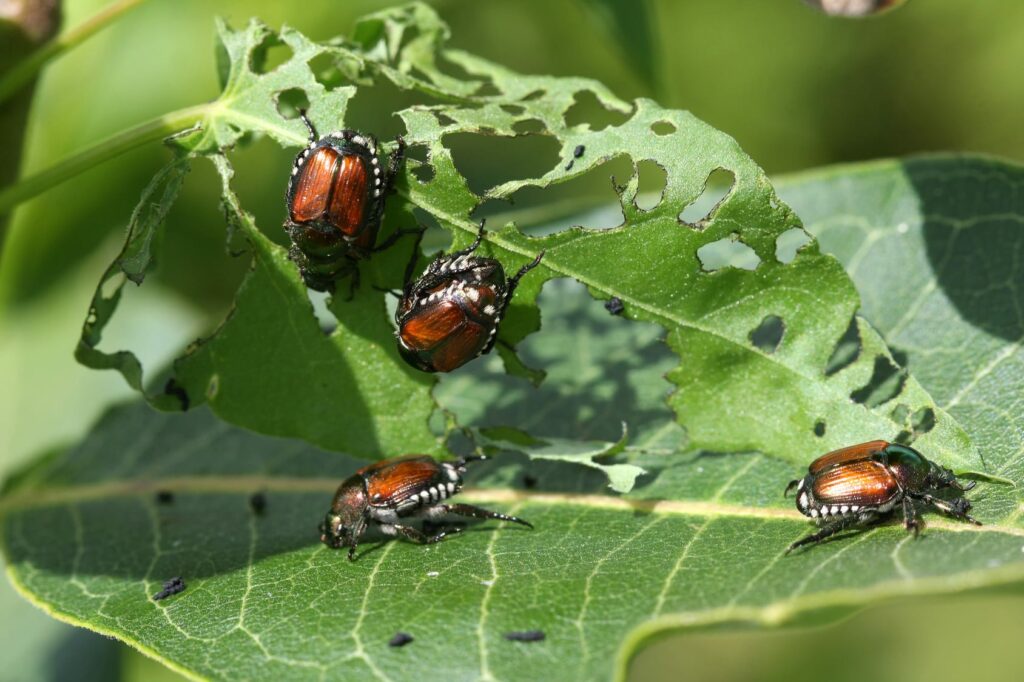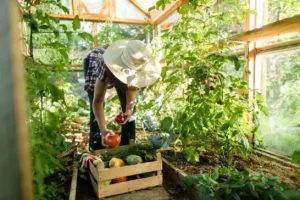
MAIL US :
info@mybackyardgardens.com
CALL US :
+233 54 524 7788
LOCATION :
Dr Amilcar Kabral Rd

Dealing with Common Garden Pests Naturally
Managing garden pests naturally helps maintain a healthy garden ecosystem without relying on synthetic chemicals. By using integrated pest management (IPM) techniques and natural remedies, you can control pests effectively while promoting beneficial insects and reducing environmental impact. Here are some strategies for dealing with common garden pests naturally:
1. Encourage Beneficial Insects
Beneficial insects, such as ladybugs, lacewings, and hoverflies, are natural predators of many garden pests. To attract these helpful insects, plant a variety of flowering plants that provide nectar and pollen. Examples include:
- Marigolds: Attracts ladybugs and hoverflies.
- Yarrow: Attracts lacewings and parasitic wasps.
- Dill and Fennel: Attracts predatory beetles and wasps.
Avoid using broad-spectrum pesticides that can harm beneficial insects.
2. Use Neem Oil
Neem oil is a natural insecticide derived from the seeds of the neem tree. It disrupts the life cycle of pests by affecting their feeding and reproduction. Neem oil is effective against aphids, spider mites, whiteflies, and other common garden pests. Mix neem oil with water according to the label instructions and apply it to affected plants.
3. Introduce Companion Plants
Companion planting involves growing certain plants together to repel pests or attract beneficial insects. Some effective companion plants include:
- Basil: Repels mosquitoes and flies.
- Marigolds: Repels nematodes and aphids.
- Nasturtiums: Repels aphids and whiteflies, and attracts predatory insects.
By using companion plants, you can naturally deter pests and enhance plant health.
4. Use Insecticidal Soap
Insecticidal soap is a natural, plant-based solution that targets soft-bodied insects like aphids, whiteflies, and spider mites. It works by breaking down the pests’ protective outer layer, leading to dehydration. Mix insecticidal soap with water as directed and spray it directly onto the affected plants.
5. Apply Diatomaceous Earth
Diatomaceous earth is a natural powder made from fossilized diatoms (algae). It works by dehydrating insects with exoskeletons, such as slugs, snails, and beetles. Sprinkle food-grade diatomaceous earth around the base of plants and on affected areas. Reapply after rain or irrigation.
6. Use Homemade Garlic and Pepper Spray
Garlic and pepper sprays are natural repellents that deter a variety of garden pests. To make a garlic-pepper spray:
- Blend 2-3 cloves of garlic with 1-2 hot peppers and a cup of water.
- Strain the mixture and add a few drops of dish soap.
- Spray the solution on affected plants, focusing on the undersides of leaves.
This homemade spray can help repel aphids, caterpillars, and other pests.
7. Implement Physical Barriers
Physical barriers can prevent pests from reaching your plants. Use:
- Row Covers: Light-weight fabrics that protect plants from insects like cabbage worms and beetles.
- Floating Row Covers: These protect crops from pests while allowing sunlight and rain to reach the plants.
- Collars and Rings: Place these around plant stems to deter pests like cutworms.
8. Maintain Garden Hygiene
Keeping your garden clean can reduce the risk of pest infestations. Remove fallen leaves, debris, and diseased plants regularly. Keep weeds under control, as they can harbor pests and diseases. Rotate crops annually to prevent soil-borne pests and diseases from becoming established.
9. Hand-Pick Pests
For small gardens, hand-picking pests can be an effective method of control. Inspect plants regularly and remove pests like caterpillars, slugs, and snails by hand. Use gloves or tweezers to avoid handling pests directly.
10. Encourage Natural Predators
Encouraging natural predators, such as birds, frogs, and lizards, can help control garden pests. Provide habitats like birdhouses, water sources, and shelter to attract these beneficial animals. For example, birds can help control insect populations, while frogs and toads eat insects and slugs.
By incorporating these natural pest control methods, you can effectively manage garden pests while promoting a balanced and healthy garden ecosystem. Regular monitoring and early intervention are key to preventing and controlling pest problems. Happy gardening!
Facebook
Twitter
LinkedIn
Pinterest
RECENT POSTS


The Ultimate Guide to Organic Gardening
August 22, 2024
No Comments
